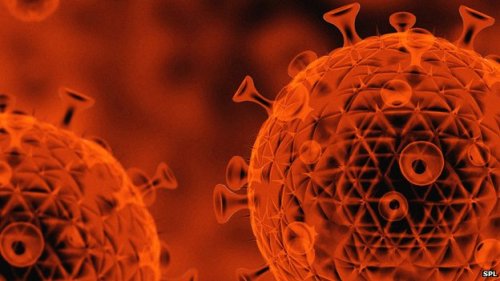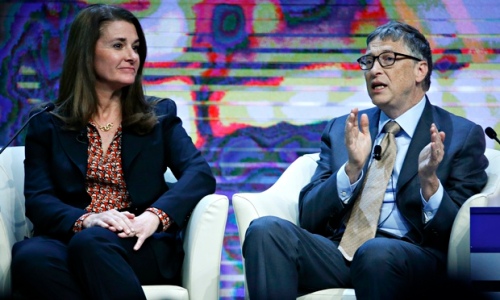
- New global recommendation from the world’s leading experts in meningococcal disease
- Recent evidence shows that people who are HIV positive are at significantly higher risk of meningococcal meningitis
- In a new paper, experts recommend that countries introduce meningitis vaccination programmes for people living with HIV
The Global Meningococcal Initiative (GMI) – an international group of expert scientists, doctors and public health officials – has recommended that people who are human immunodeficiency virus (HIV)-positive should be vaccinated against meningococcal disease (MD).
This global recommendation has been published in the Journal of Infection.
The recommendation is based on recent studies showing an increased risk of MD in individuals who are HIV positive. Results of surveillance data analysis from 2003–2007 in patients of all ages in South Africa, showed that HIV was associated with a higher incidence of MD and higher rates of death from MD.
Other recent studies, including two from the United States from the 2000s, have found a 13-fold and 10-fold greater risk of MD for those with HIV. Patients in these studies were receiving antiretroviral therapy for HIV and a good standard of healthcare.
Immunogenicity studies have shown that two doses of vaccine to protect against MD are required for people who are HIV positive. Individuals with HIV who have been previously vaccinated with one dose of MenACWY should receive a second dose at the earliest opportunity, and continue to receive boosters at the appropriate interval.
Some countries already have recommendations for vaccination with the MenACWY conjugate vaccine, for example the United States. An important issue with such recommendations is, however, the cost of the conjugate vaccine, particularly in low-/middle-income countries with high rates of HIV.
Vinny Smith, co-author of the paper and Chief Executive of Meningitis Research Foundation (MRF) said, “Vaccinating the groups of people who are at the highest risk of meningitis and septicaemia will help us to defeat meningitis. We welcome the GMI’s recommendation to vaccinate people living with HIV to help save lives. Prevention of meningitis and septicaemia through vaccination is the best way to defeat the disease around the world. It is also vital that high-risk groups are particularly aware of symptoms so they can act quickly and get medical help as soon as meningococcal disease is suspected.”
Chris Head, President of the Confederation of Meningitis Organisations (CoMO) commented, “All our members want to see protection against all forms of meningococcal disease made as widely available as possible, and this is an important recommendation which will help to save lives.”
Another recommendation considered by the GMI related to vaccinating people attending planned mass gathering events. This was considered following MD outbreaks related to the World Scout Jamboree in Japan in 2015 and the World Youth Day Catholic Gathering in Poland in 2016. However, further work is needed to characterise the aspects of mass gatherings that pose significant risks for transmission of MD.
This is a press release from the Meningitis Research Foundation. For more information on Meningitis, visit the Meningitis Research Foundation or you can visit them on social media (Twitter | Facebook | YouTube)
Thanks for reading, let us know what you think in the comments below, or you can find us on Facebook, Twitter or Instagram!

















